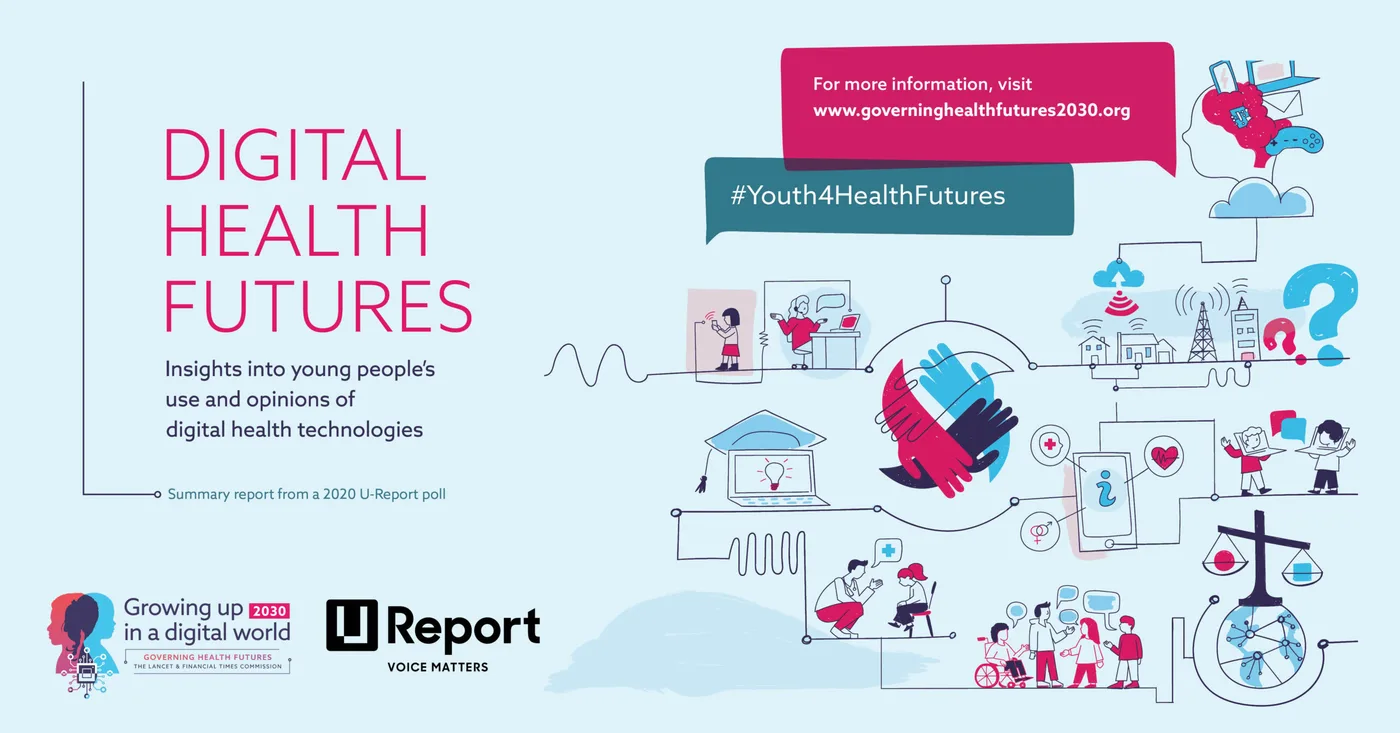This European Public Health Week (16-20 May 2022) The Lancet and Financial Times Commission on Governing health futures 2030: Growing up in a digital world calls for increased investment in young people’s digital, health, and civic literacy
Nurturing healthy and health literate youth populations is a challenge and major priority for all countries worldwide, as health systems are increasingly undergoing digital transformations. Moreover, the European Commission has highlighted how digital health literacy, skills, and trust amongst the general population are key parts of active and healthy living in the digital world a as well as the advancement of health promotion, disease prevention, and the delivery of tailored, people-centered health services. 2022 marks the European Year of Youth which presents a key opportunity to shed light on and continue to shape the projects, joint actions, and activities developed by citizens, researchers, and policymakers to improve the health and health literacy of youth and glean best practices which can be shared in other countries/regions around the world.
In September 2021, the Commission hosted an event at the International Health Literacy Association (IHLA) Global Health Literacy Summit, during which young people shared their views about digital health and insights into how they use digital technologies to support their health and well-being.

During this discussion, a summary report of the findings from a 2020 U-Report poll, young people highlighted the main issues that they wished policymakers and tech companies to address moving forward. One of these was to increase young people’s digital health literacy and skills.
The Commission’s report, launched in October 2021, highlights that digital and data access as important determinants of health as digital technologies are increasingly becoming integrated into people’s lives. Within countries, there are stark divides between those young people who can leverage digital technologies to support their health needs and those who cannot.
One potential enabler of digital health futures readiness is increasing digital health literacy. However, for this to be operationalised, governments and their partners must invest in multiple forms of literacy and skills (health, digital, and civic) so that all people can fully benefit from digital transformations in all domains, particularly health. The Commission recommends that, by 2030, all governments should implement large-scale civic and digital health literacy efforts as part of national education, health, and digital strategies.
Digital health literacy has recently been referred to as a superdeterminant of health. The digital childhood profiles developed by the Commission posit that young people’s experiences of digital transformations can have varying implications on their levels of digital (health) literacy. On the other hand, digital literacy levels amongst young people are important factors that can represent either an enabler or barrier to independent technology use
Digital transformations present various opportunities and threats to young people’s health and well-being. As key drivers of digital adoption and health data governance, it is crucial that youth are equipped with digital skills around data protection and privacy to help them safely navigate digital ecosystems. Digital, health, and civic literacy are vital components to building this capacity in youth so they can make the most effective use of digital technologies, manage their data, and determine the reliability of online health information.
Youth are eager and ready to play a key role in governing digital transformations in health, but lack opportunities for participation and the digital, health, and civic literacy to meaningfully participate in such processes. So, this European Public Health Week, let’s advocate for increased investment in a healthy and health literate youth to safeguard health futures in a digital age and improve health, equity, and sustainability overall!

